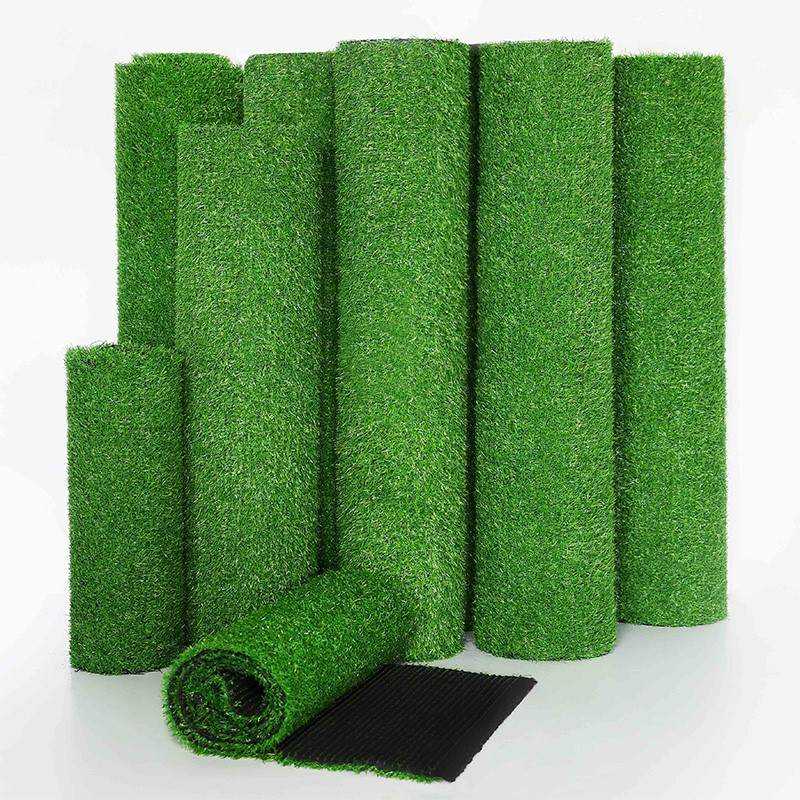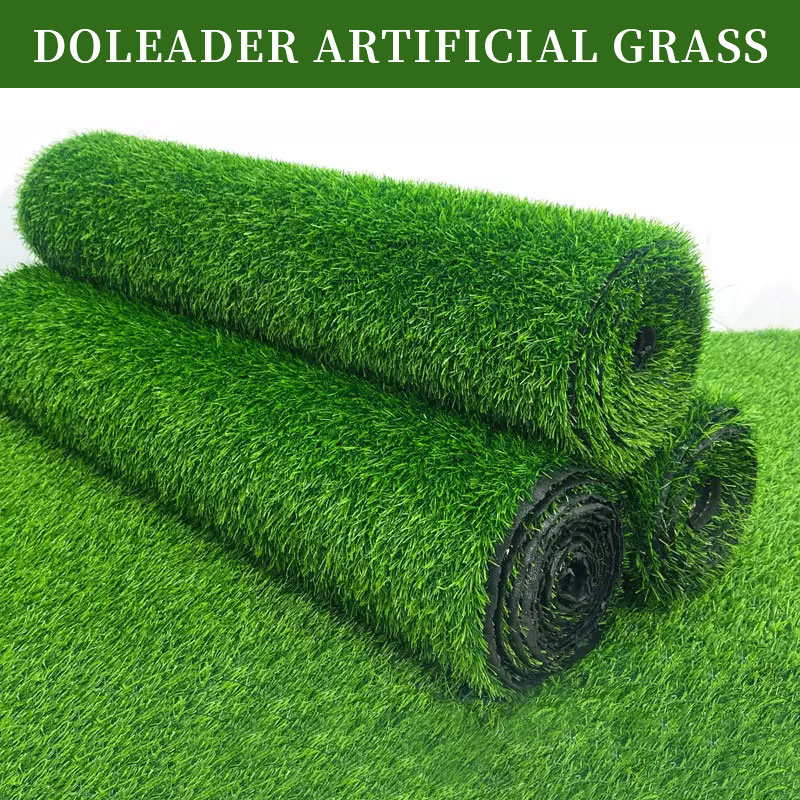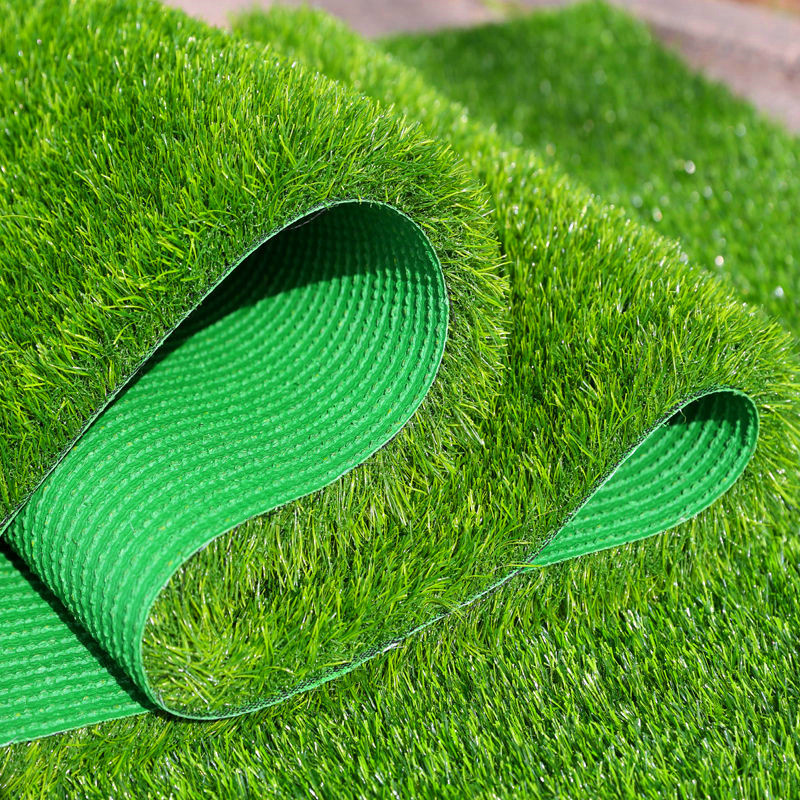
When installing artificial grass, it’s important to have a proper drainage system in place. This helps prevent waterlogging and ensures the grass maintains a healthy, natural appearance. One key component of an effective drainage system is the use of a drainage underlay beneath the artificial grass.
The Purpose of Drainage Underlay The primary function of a drainage underlay for artificial grass is to allow water to flow freely away from the surface. Without an underlay, water can become trapped beneath the grass, leading to issues like:
- Pooling and soggy areas
- Bacterial growth and odors
- Premature deterioration of the grass
A quality drainage underlay creates a permeable layer that permits water to percolate down and away from the artificial grass, keeping the surface dry and comfortable.
Types of Drainage Underlayment There are a few main types of drainage underlayment used for artificial grass installations:
- Gravel/Crushed Stone: A 1-2 inch layer of compacted gravel or crushed stone provides an excellent drainage base. The porous nature of the stone allows water to flow through.
- Geotextile Fabric: This permeable landscape fabric is placed between the soil and artificial grass. It prevents soil from clogging the drainage layer.
- Plastic Drainage Mats: Interlocking plastic mats with raised channels or dimples create a void space for water flow.
- Rubber Crumb/Aggregate Mixes: Recycled rubber crumbs mixed with gravel or sand create a porous, shock-absorbent sub-base.
Factors to Consider When selecting a drainage underlay, consider factors like:
- Permeability – How quickly can water flow through the material?
- Load-bearing capacity – Can it support anticipated foot traffic and weight?
- Longevity – Will the underlay retain its drainage properties over time?
- Cost and ease of installation
Consulting with a professional can help ensure you choose the right drainage solution for your artificial grass project.
By incorporating a quality drainage underlay, you can keep your artificial grass looking its best for years to come. The underlay plays a vital role in maintaining a healthy, well-draining surface that provides comfort and functionality.










